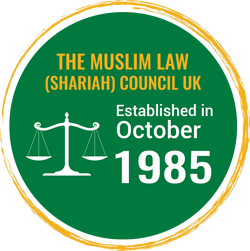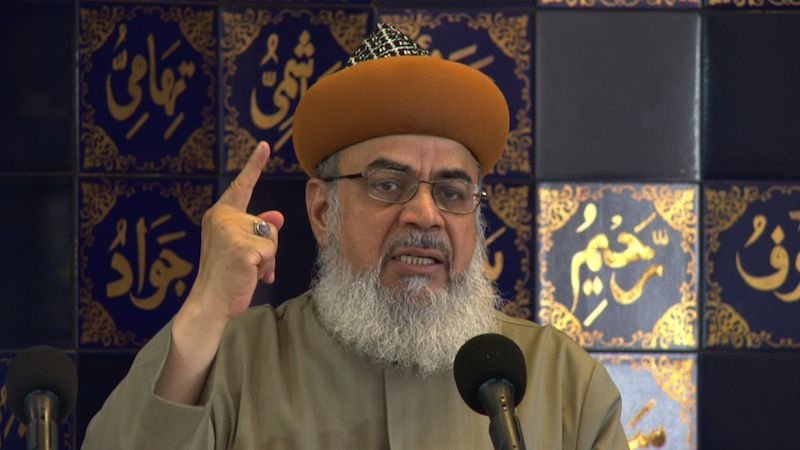







IMPORTANT NOTICE: Our phone lines may be temporarily out of service. For urgent queries, please email us.
PLEASE NOTE THAT THERE CURRENTLY ARE LENGTHY DELAYS WITH NEW KHULA APPLICATIONS DUE TO A LARGE BACKLOG OF CASES.
Welcome to the Muslim Law (Shariah) Council UK
The Muslim Law (Shariah) Council UK was established in October 1985 at a conference held on the 19th– 20th October 1985. It was attended by more than 250 Imams, Muslim Scholars and representatives of Mosques and Muslim Organisations. The Council was formed to resolve a variety of disputes and issues faced by the Muslim Community.
ILLEGITIMATE 'SHARIAH COUNCILS' & FRAUDULENT USAGES OF OUR LOGO
Please be mindful of certain ‘shariah councils’ that exist purely to exploit vulnerable individuals for financial gain. Some of these fraudulent organisations may falsely claim affiliation with us. We encourage you to verify if these councils have a legitimate office address and to check which scholars and personnel are involved. If such information is not transparently available on their website, or if they promise a ‘guaranteed divorce’ or offer a fast-track service, please stay away from these illegitimate ‘councils’.
There have also been instances of dishonest individuals fraudulently using our logo and documents. Please ensure you verify any letters or documents bearing our logo directly with us to confirm their authenticity.
Tribute to Maulana Shahid Raza OBE
It is with deep sadness, the team at the Muslim Law (Shariah) Council UK announces the passing of our most senior and beloved Executive Secretary Maulana Shahid Raza OBE on the 6th of September 2022. ‘To God, we belong and to Him, we return’ [Q, 2:156].
As the Executive Secretary of the Shariah Council, he served diligently for more than three decades facilitating and supporting the vulnerable members of the Muslim community. Maulana Raza was notably recognised for his sympathetic and sensitive approach to handling matters of marital dispute and divorce. During his career, he helped many families reconcile or reach amicable means of separation.

Featured Services
The Muslim Law (Shariah) Council was established in 1985 under the guidance of numerous scholars and Imams, with the aim of meeting the needs of Muslims in Great Britain. The Council is dedicated in serving the Muslim community in the country by addressing a wide range of social, family, and matrimonial issues and providing Islamic opinions and guidelines based on discussions and consultations held during its meetings. The Council consists of Imams and Muslim scholars of all major Fiqh schools, legal advisors, Islamic Finance experts and professional therapists.
Translators are available in the following languages:

Case files are securely retained by the Shariah Council for a period of six years from the date of application, after which they are safely destroyed.
Nikah (Marriage)
In Islam, Nikah is a marriage contract and is considered a sacred bond. The Qur’an refers to this as a ‘serious contract’ as both parties have been allocated certain responsibilities to be carried out towards each other with sincerity to God. God acknowledges these deeds as worthy of reward.
Talaq (Divorce)
Talaq is a serious responsibility, and must not be issued except as a very last resort. It is advised to exert all necessary efforts for reconciliation; to discuss and try to resolve the marital issues, or to select a member from each family to arbitrate, or to seek the help of the Imams and so on.
Mediation
The Muslim Law (Shariah) Council UK offers mediation services for married couples to help find solutions to their ongoing problems. Our mediators are trained and experienced in mitigating marital discord, offering practical solutions and guidance based on Islamic teachings.
Khula
Khula is when a married woman initiates divorce proceedings.
This should be done for valid reasons, such as the husband displaying immoral behaviour, mistreatment, or if he doesn’t provide maintenance.
Like talaq, it should be considered as a last resort.
